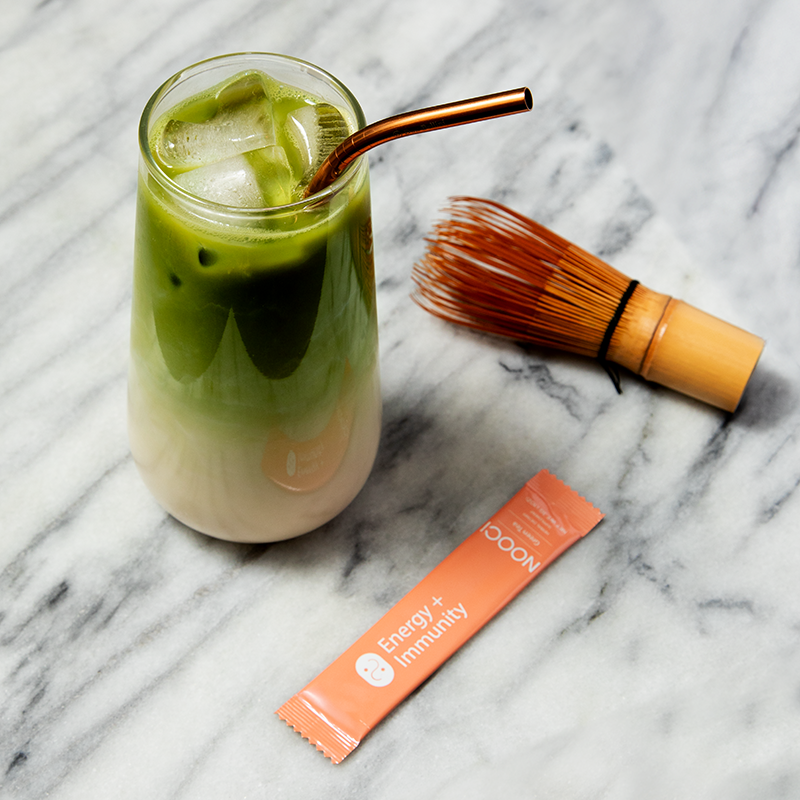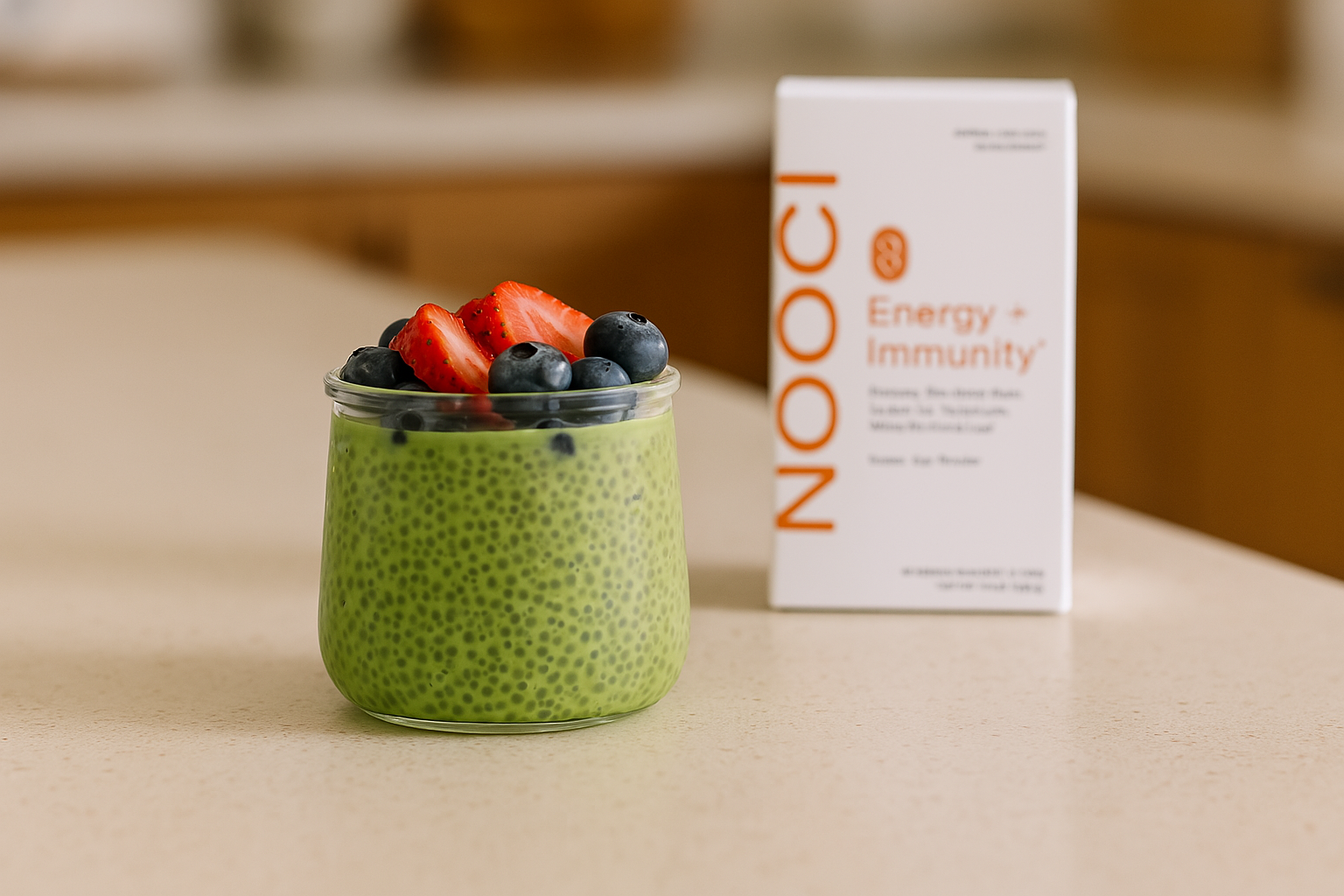Dating back thousands of years, Traditional Chinese Medicine and its foundational concepts still hold true to this day. Two of TCM’s fundamental concepts are qi, which represents one’s vital energy, and the juxtaposition of yin and yang, which are qualities of qi. Everyone has a different body constitution – for example, women’s qi is generally more yin relative to a men’s -- and you and I can have vastly different qi compositions and both be considered healthy. It is all about striking the right balance, whatever that looks like for each person, and TCM herbal formulas seek to achieve that by combining different ingredients that would work together to enhance their overall effects. This synergy is one of the few instances in everyday life where one plus one equals more than two, and that is a good thing.
To create synergistic formulas that enhance the bioavailability of active components and enhance their therapeutic effects, TCM practitioners follow this principle of compatibility called Peiwu. Under the Peiwu principle, different herbs are combined systematically following the “Emperor–Minister-Assistant-Courier” rule:
- The Emperor is the key herb in a formula, which directly targets the disease
- The Minister is the supporting herb which promotes the therapeutic effect of the key herb or targets the accompanying symptoms
- The Assistant is the herb that works to reduce the side effects of the herbal formula
- The Courier is the herb that harmonizes or guides the active ingredients
Like the hierarchy that makes up a governing body, every herb has its functions and each is essential in achieving order and balance. A TCM herbal formula typically contains a combination of different ingredients that are chosen for their synergistic effects under the Peiwu principle. The specific blend of ingredients could vary from person to person, as even the same body constitution type can have minor nuances that would necessitate more or less of the same ingredients. Generally speaking, TCM practitioners often start with an evidence-based formula, adding or removing herbs (as well as measuring out different quantities) to create a custom combination that rebalances one’s qi over time. The end goal is to create a unique blend with different ingredients that will complement and elevate each other in order to achieve maximum results.
Synergy between TCM and western medicine
TCM utilizes a holistic approach and takes into account one’s full range of conditions when determining a course of action, looking from internal to external and chronic to temporary (and anything in between). On the other hand, western medicines typically have targeted effects – e.g., over-the-counter medications that address specific issues one might experience, such as dry coughs, nasal allergies, or menstrual discomfort. Despite their vastly different approaches, studies have shown that the coupling of these treatments could amplify overall treatment results as well as ease discomfort. In fact, the World Health Organization has suggested that integrative medicine could be a future model for health service delivery as focus shifts to design services around patient-centered care.
Oncology treatments are among the most prominent examples of how this hybrid approach could greatly benefit patients. Conventional western treatments such as chemotherapy and surgery could achieve significant results, but they also come with their fair share of harmful side effects. This is where TCM could complement western therapies to achieve improved results. For one, TCM treatments (e.g., herbal medicine and/or physical treatments such as acupuncture) could help to control pain, ease nausea, and boost one’s immune system (what TCM practitioners would see as restoring qi to the body). Other studies of hybrid treatments have shown that some anticancer drugs could more easily penetrate cancer cells when used in combination with certain TCM herbs.
It is important to keep in mind that these hybrid treatment courses (cancer or otherwise) would vary from person to person, since the same illnesses could elicit different reactions depending on one’s body constitution, habits, and environment. Thus, developing a comprehensive, effective treatment plan requires consultation with both western and TCM health practitioners. More formal studies are underway to establish greater understanding in this field, but the research performed thus far is promising: some things are just better together.






